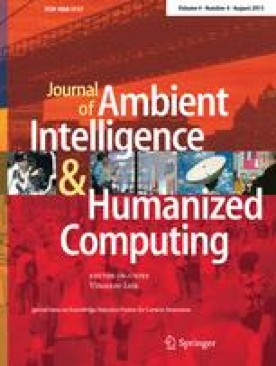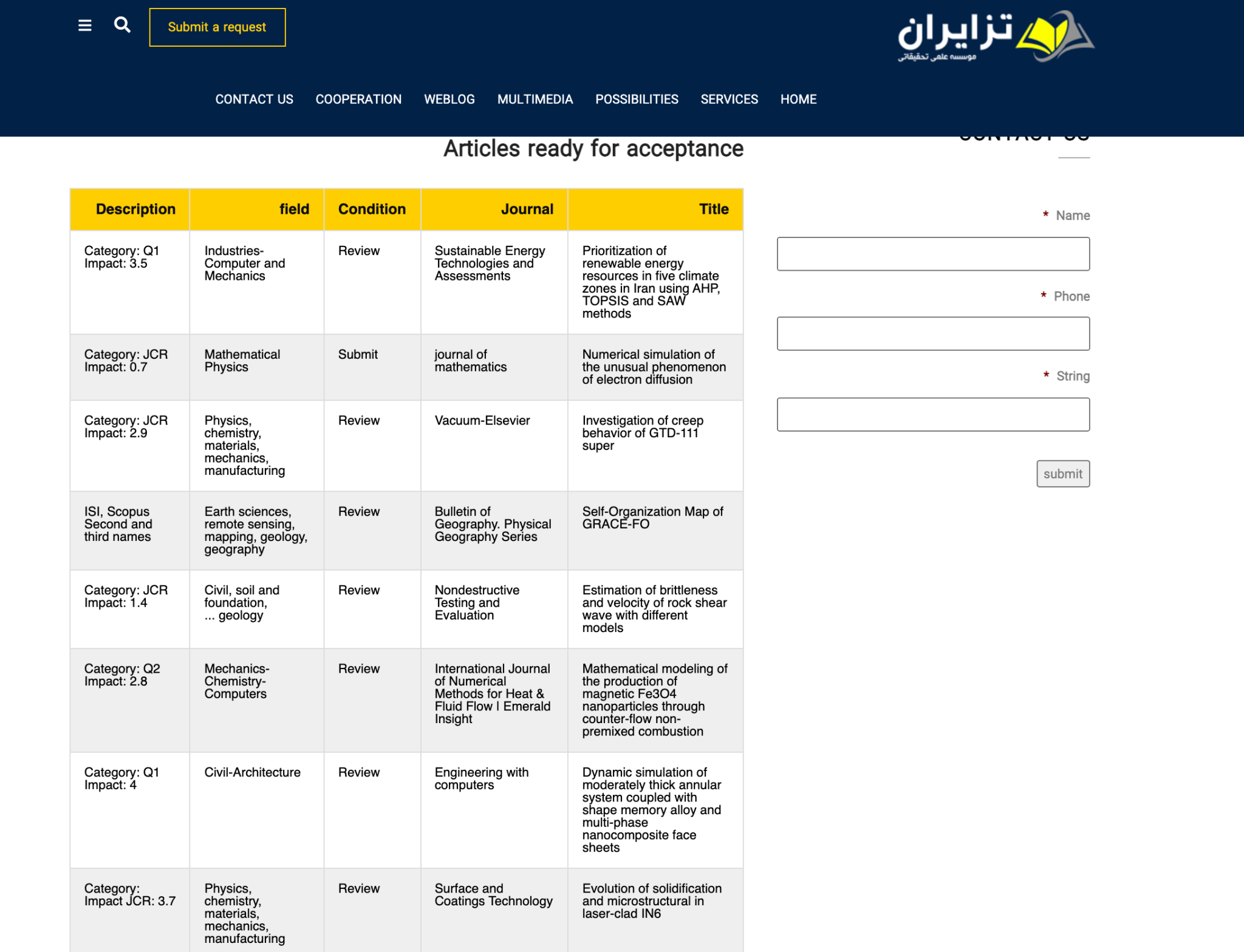
Would you consider a donation to support Weekend Reads, and our daily work? Thanks in advance.
The week at Retraction Watch featured:
- Retraction leads to review change at SAGE journal
- ‘This has been a nightmare’: One paper was retracted. The other still lingers.
- Journal run by new AMA president-elect caught in special issue scam
- Extensive correction adds to five flagged papers for UPenn professor
- An Elsevier book plagiarizes an abstract published by…Elsevier
Our list of retracted or withdrawn COVID-19 papers is up to 237. There are more than 34,000 retractions in our database — which powers retraction alerts in EndNote, LibKey, Papers, and Zotero. And have you seen our leaderboard of authors with the most retractions lately — or our list of top 10 most highly cited retracted papers?
Here’s what was happening elsewhere (some of these items may be paywalled, metered access, or require free registration to read):
Continue reading Weekend reads: Automated peer review; ‘journal editors resign in protest;’ attention to retracted papers


